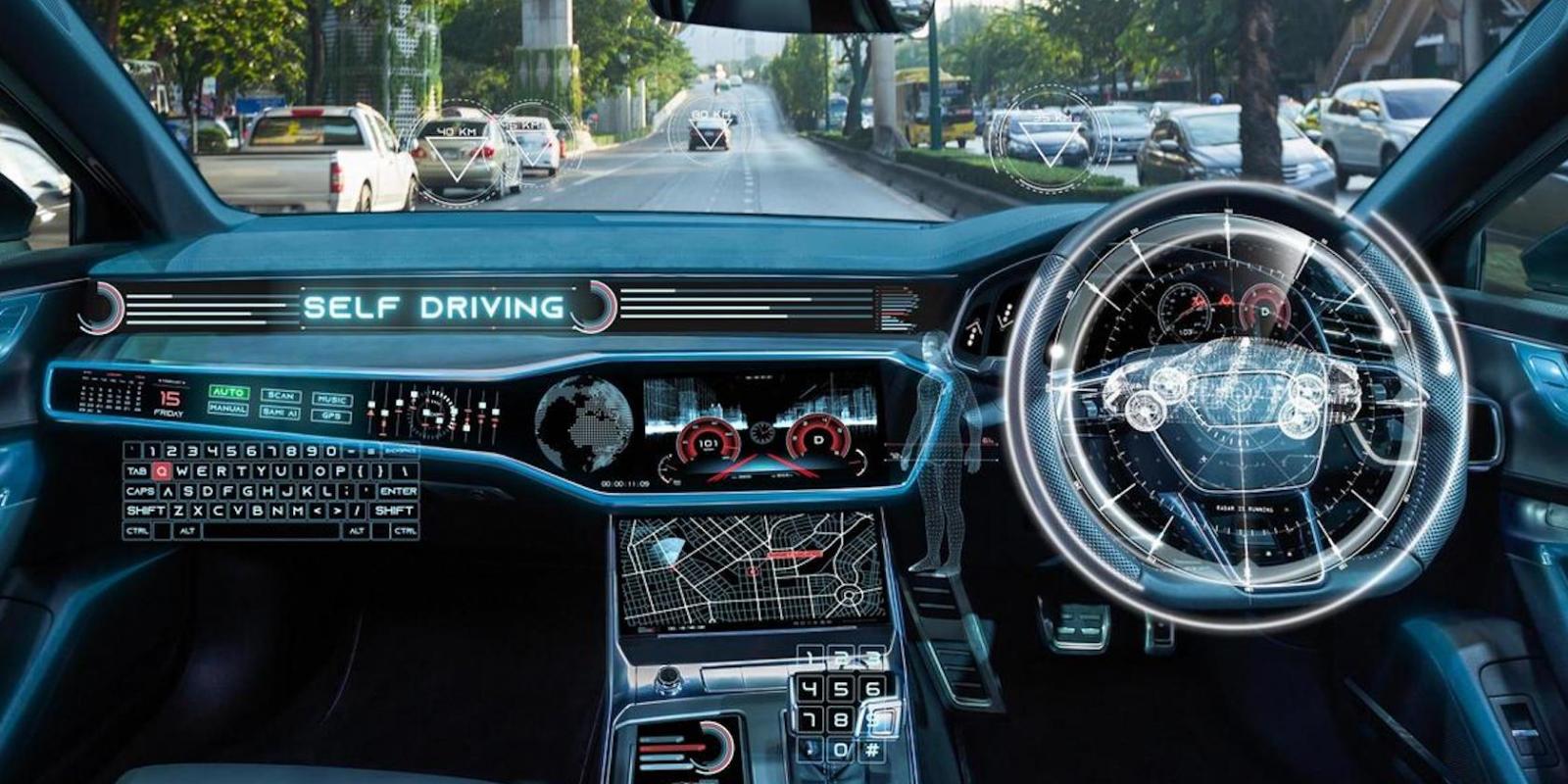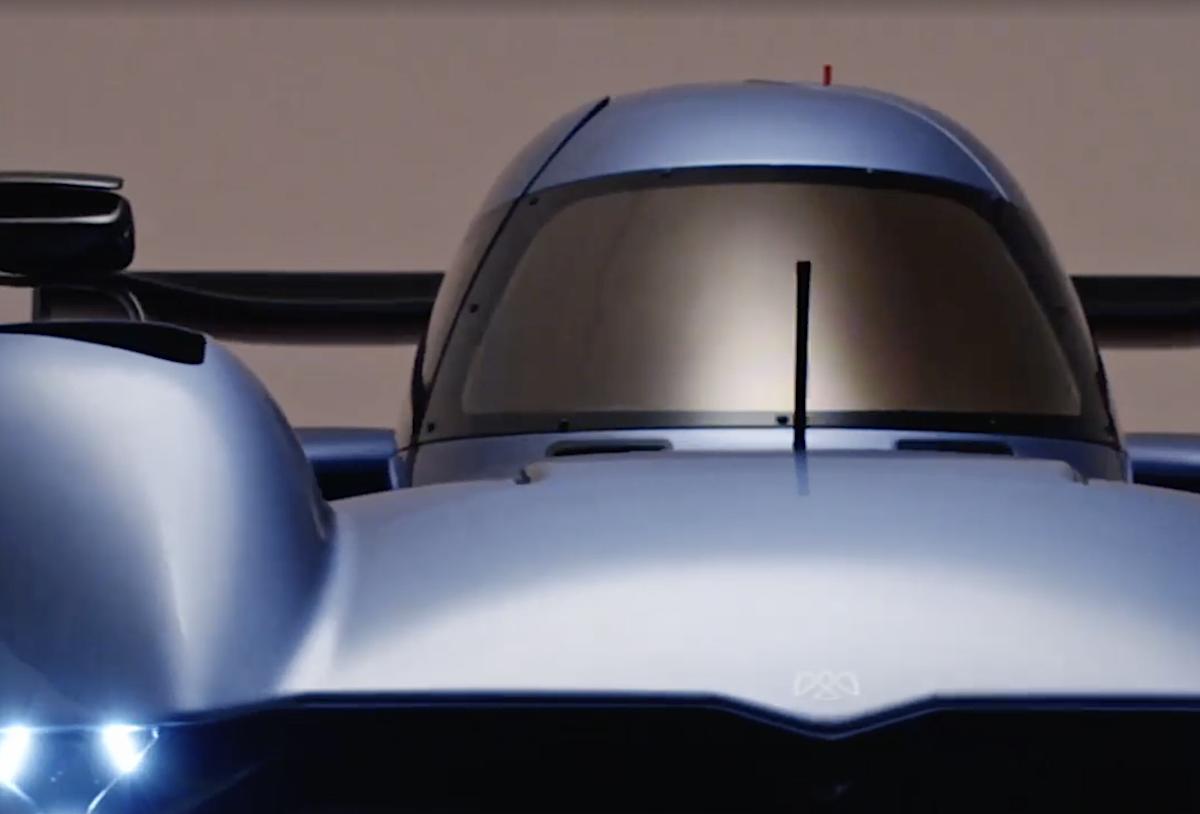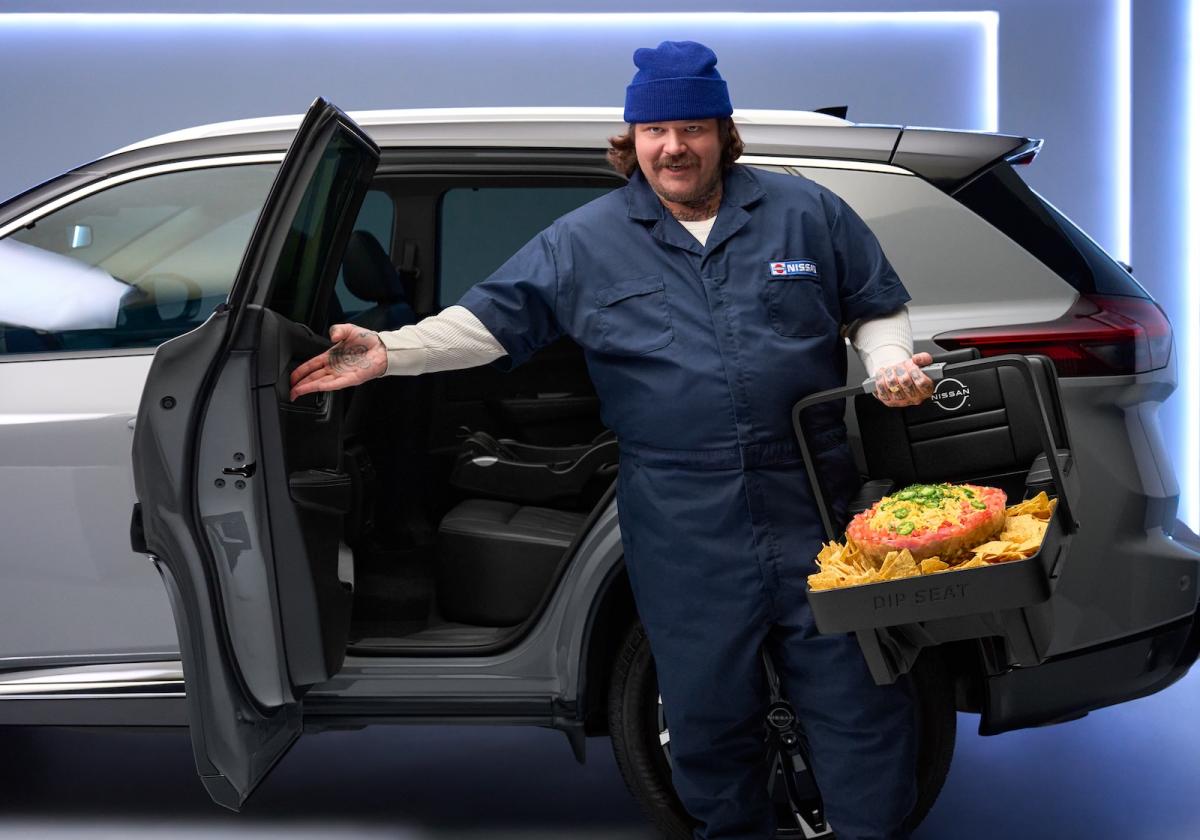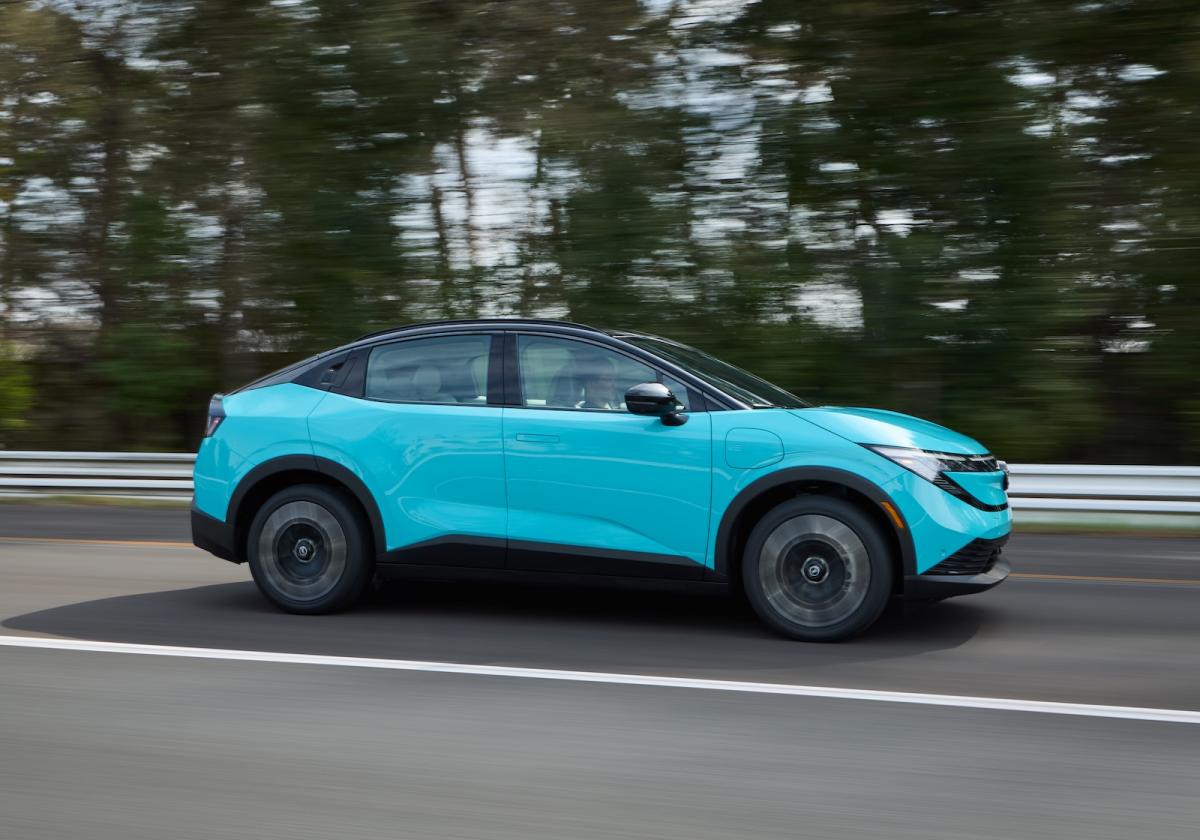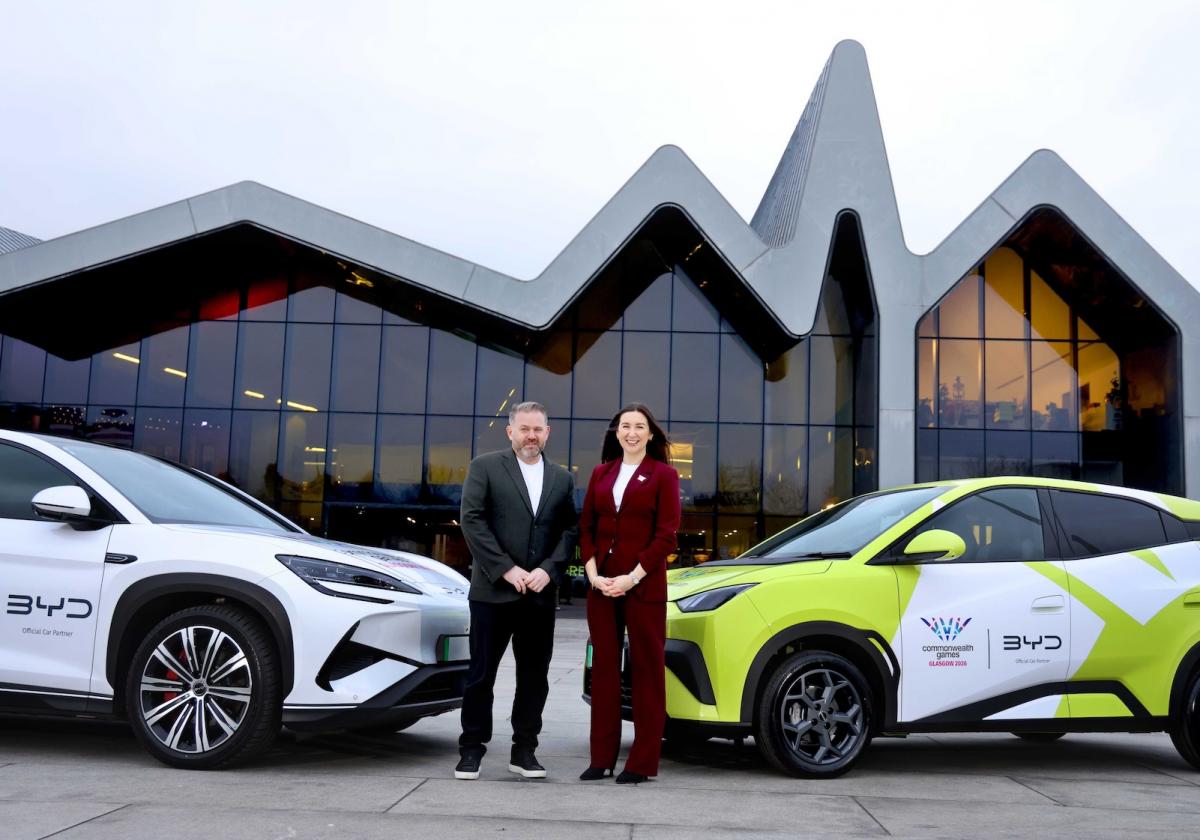Artificial intelligence is back in the news again, and this time it’s heavily connected to autonomous vehicles (AV). Whether that’s a good thing or not, we will leave it up to you.
The advancements in artificial intelligence that brought us AI chatbots and image generators are now fueling a fresh approach to self-driving cars.
AV development is essentially stuck — it’s still too difficult and expensive to scale up the technology into a profitable business. As AI begins to leap from the digital realm into the physical world, investors are pouring fresh capital into this next phase of AV development — and it’s called “AV 2.0.”
Driverless truck company Waabi said today it had raised $200 million in an oversubscribed Series B round led by Uber and Khosla Ventures. That follows a huge deal last month by Wayve, a U.K.-born startup, which raised $1.05 billion in a Series C round led by SoftBank Group. AI giant Nvidia, participated in both deals.
SoftBank also invested a reported $1 billion last September in Stack AV, an automated trucking company founded by former Argo AI execs.
These AV 2.0 companies are developing self-learning systems for autonomous driving. Using AI, their goal is to teach a virtual driver to reason like a human so it can make snap decisions correctly and safely — even in novel situations.
The original approach to AV development involved racking up millions of miles in test cars, collecting data that could be used to program self-driving algorithms with step-by-step instructions. Companies drove around 24/7 hunting for “edge cases” — rare events like the woman in a wheelchair chasing a duck that a Waymo test vehicle encountered in 2018.
Alternative testing methods such as simulation are useful, though writing an AV instruction manual is still time-consuming and capital-intensive.
The latest approach, driven by extraordinary leaps in generative AI, is based on intuitive learning, enabling AV companies to accelerate tech development. Waabi, for example, was founded in 2021 — well behind industry rivals — but says it has made speedy progress and is aiming to launch fully driverless trucks by 2025, roughly the same timeline as its rivals.
Waabi’s system is “provably safe,” Urtasun tells Axios, because its decisions can be interpreted and traced, unlike other “black box” AV systems. “The industry needs a big step forward in terms of proving the safety of their systems,” says Urtasan, whose claims will be outlined in an upcoming white paper. “Incumbents will say, ‘If I have driven enough miles, I should be safe.’ That’s not a sign of whether you are safe. It’s only a sign of how much cash you spent driving.”
CARLIST THOUGHTS
This story reports that by using AI, the goal of Nvidia, SoftBank and others is to teach a virtual driver to reason like a human to make snap decisions correctly and safely. It’s a great goal to have—however unrealistic it may be. From all of the advanced self-driving vehicles and prototypes I have driven over the last 15 years, I’d have to say that this eventuality will not happen in my lifetime at least. As far as I can say (some auto writers may see it differently!), no matter how advanced a system you employ, teaching a virtual driver to reason like a human when driving is virtually impossible. To get anywhere near the level of efficiency required, AI companies will have to employ twice the number of cameras, sensors and LIDAR to approach what a human can do.

